Description
A monograph of Odontoglossum Pl.06 by James Bateman printed on a T-Shirt
About the T-Shirt
Regular fit
Standard length, the fabric easily gives into movement
Casual wear
A classic, everyday option loved by our customers
Side-seamed
Constructed by sewing two parts together, creating a fitted look
The Unisex Staple T-Shirt feels soft and light with just the right amount of stretch. It’s comfortable and flattering for all. We can’t compliment this shirt enough–it’s one of our crowd favorites, and it’s sure to be your next favorite too!
- Solid colors are 100% Airlume combed and ring-spun cotton
- Ash color is 99% combed and ring-spun cotton, 1% polyester
- Heather colors are 52% combed and ring-spun cotton, 48% polyester
- Athletic and Black Heather are 90% combed and ring-spun cotton, 10% polyester
- Heather Prism colors are 99% combed and ring-spun cotton, 1% polyester
- Fabric weight: 4.2 oz./yd.² (142 g/m²)
- Pre-shrunk fabric
- 30 singles
- Side-seamed construction
- Tear-away label
- Shoulder-to-shoulder taping
- Blank product sourced from Nicaragua, Mexico, Honduras, or the US
James Bateman (1811 – 1897)
James Bateman was a British landowner and accomplished horticulturist. He developed Biddulph Grange after moving there around 1840, from nearby Knypersley Hall in Staffordshire, England. He created the famous gardens at Biddulph with the aid of his wife Maria and his friend and painter of seascapes Edward William Cooke. From 1865–70 he was the founding president of the North Staffordshire Field Club, the large local club which to this day researches local natural history and folklore.
He was born at Redvales near Bury in Lancashire, he matriculated with Lincoln College, Oxford, in 1829, graduating from Magdalen College with a BA in 1834 and an MA in 1845. Over the twenty years he made a great deal of money in iron, engineering and banking. In 1861, Bateman and his notable sons (who included the painter Robert Bateman) gave up the house and gardens at Biddulph, and he moved to Kensington in London. He later moved to Worthing in Sussex, where he died on 27 November 1897.
He was a collector of and scholar on orchids, President of the North Staffordshire Field Society, and served on the Royal Horticultural Society’s Plant Exploration Committee. He especially loved rhododendrons and azaleas. He had a number of notable sons who grew up at Biddulph Grange, including the painter Robert Bateman.

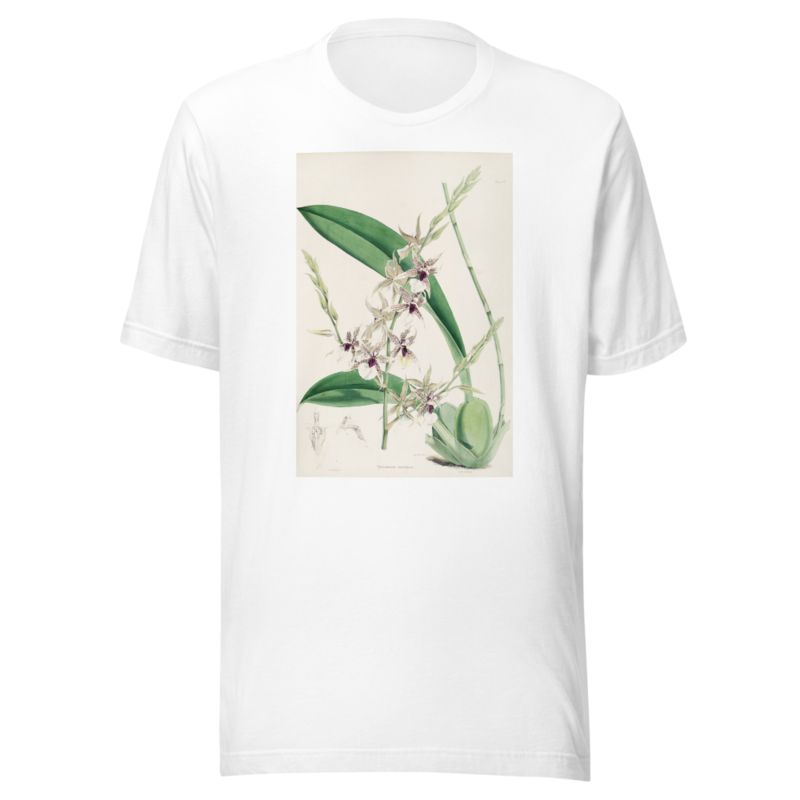
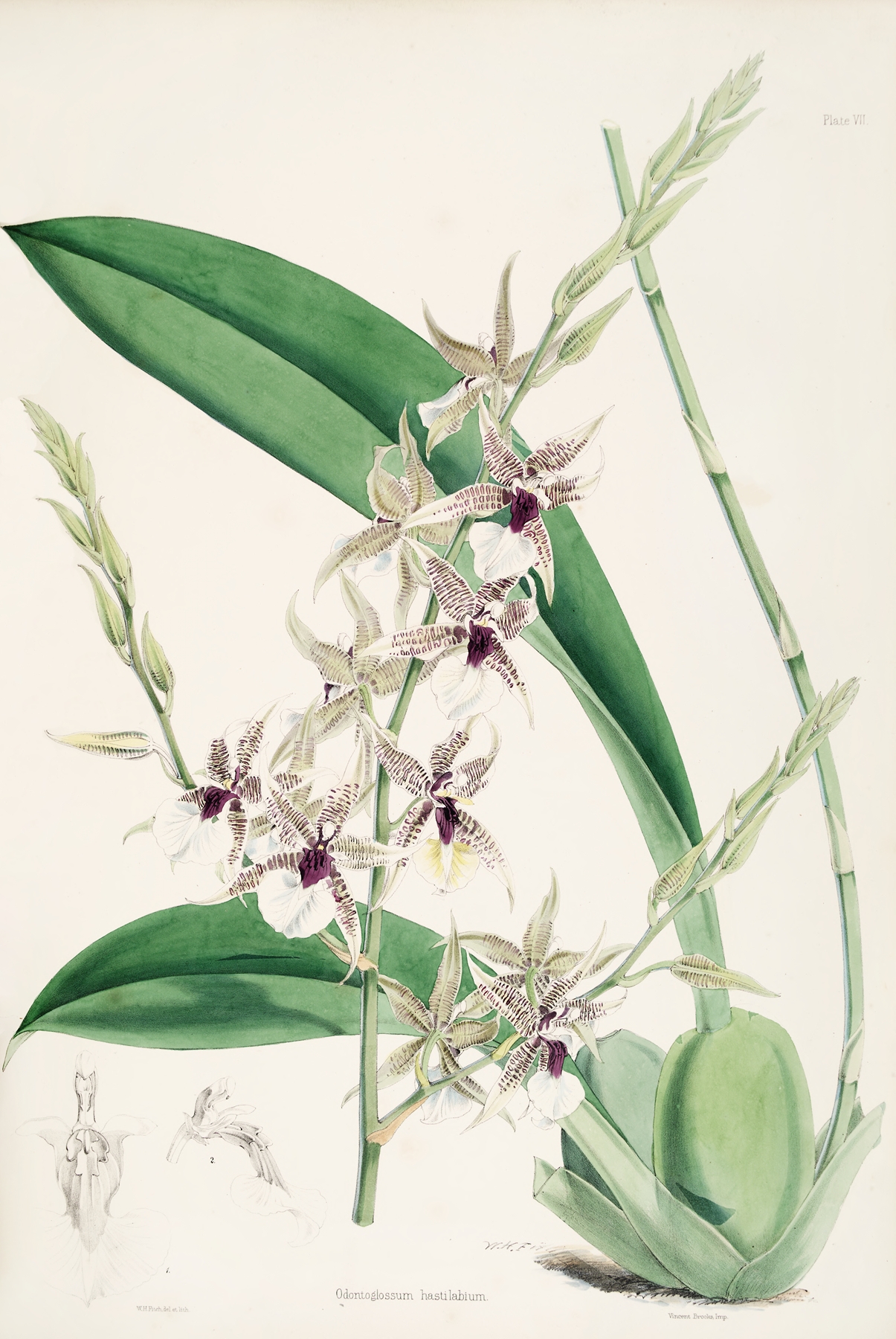
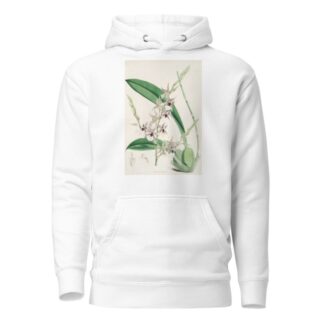
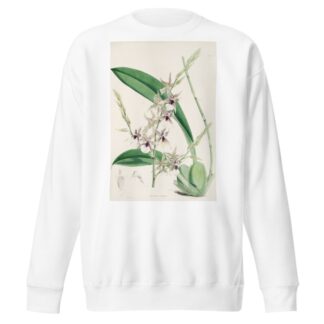
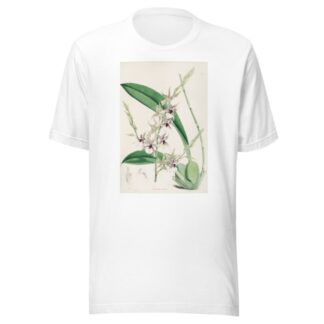
Reviews
There are no reviews yet.